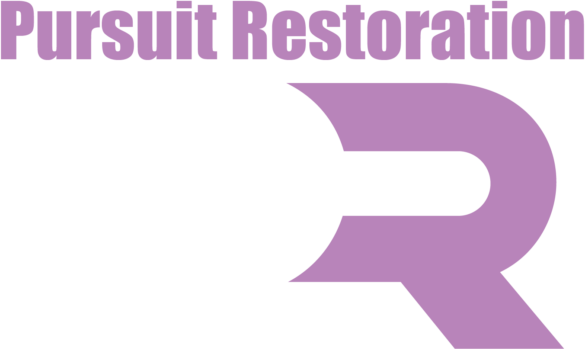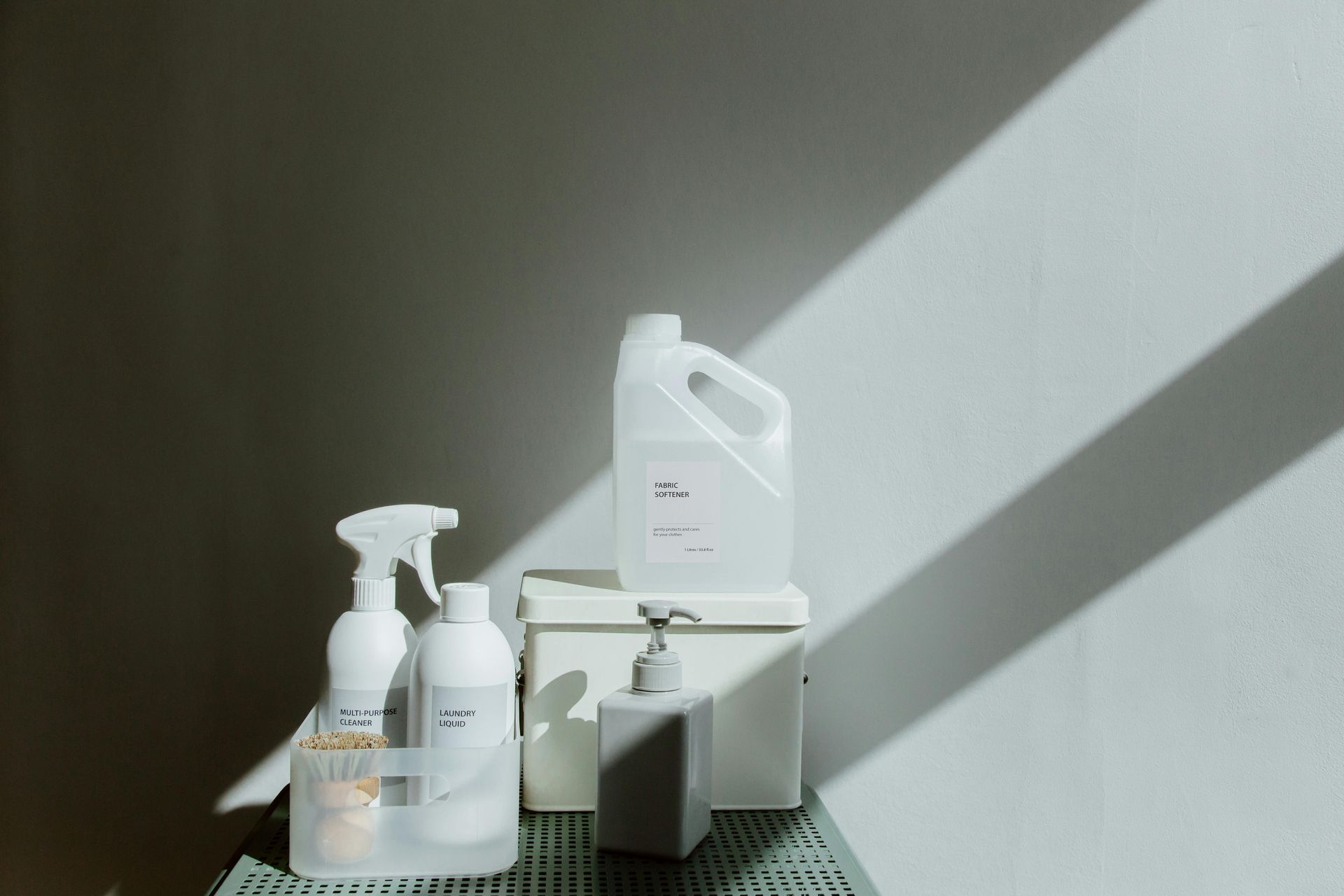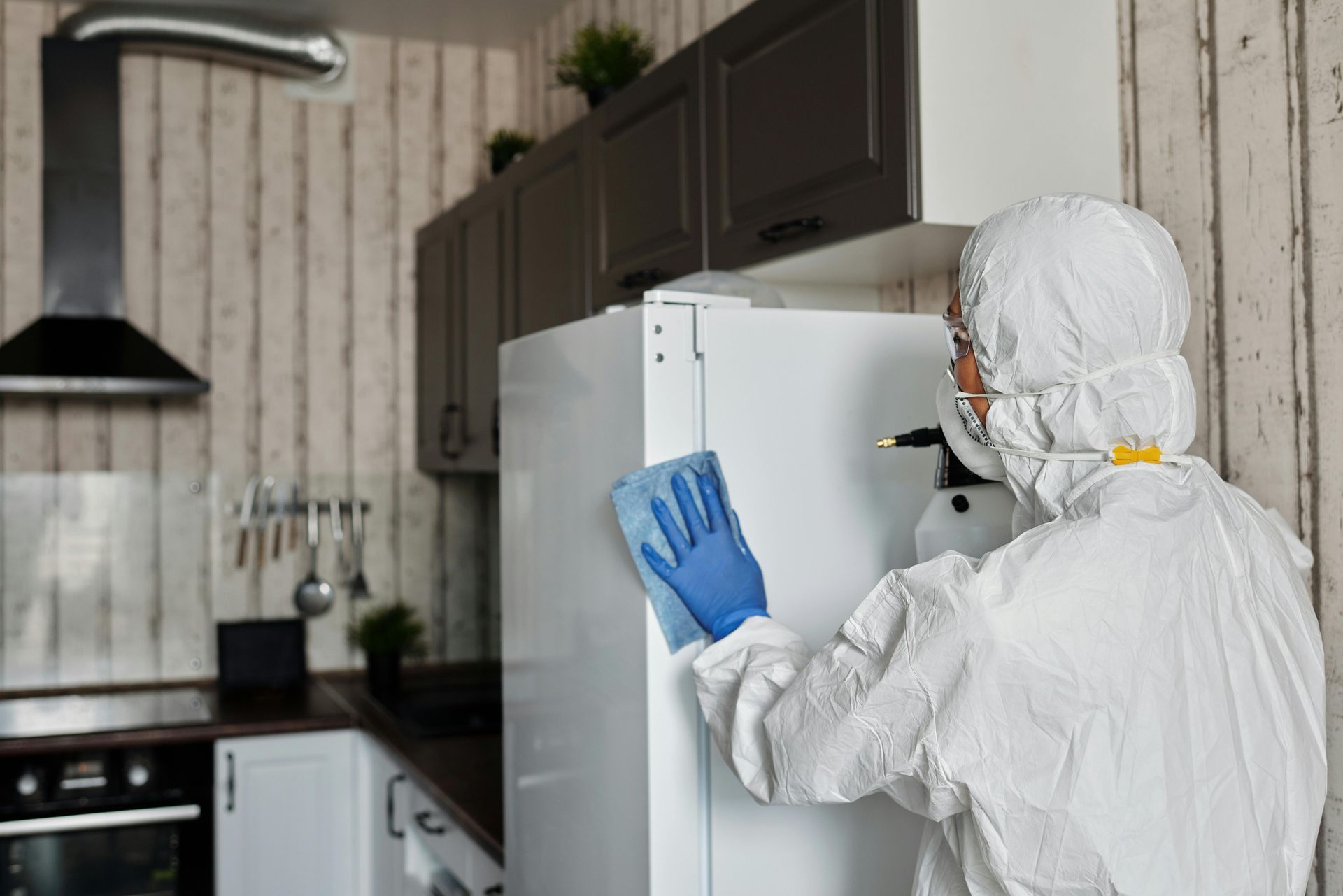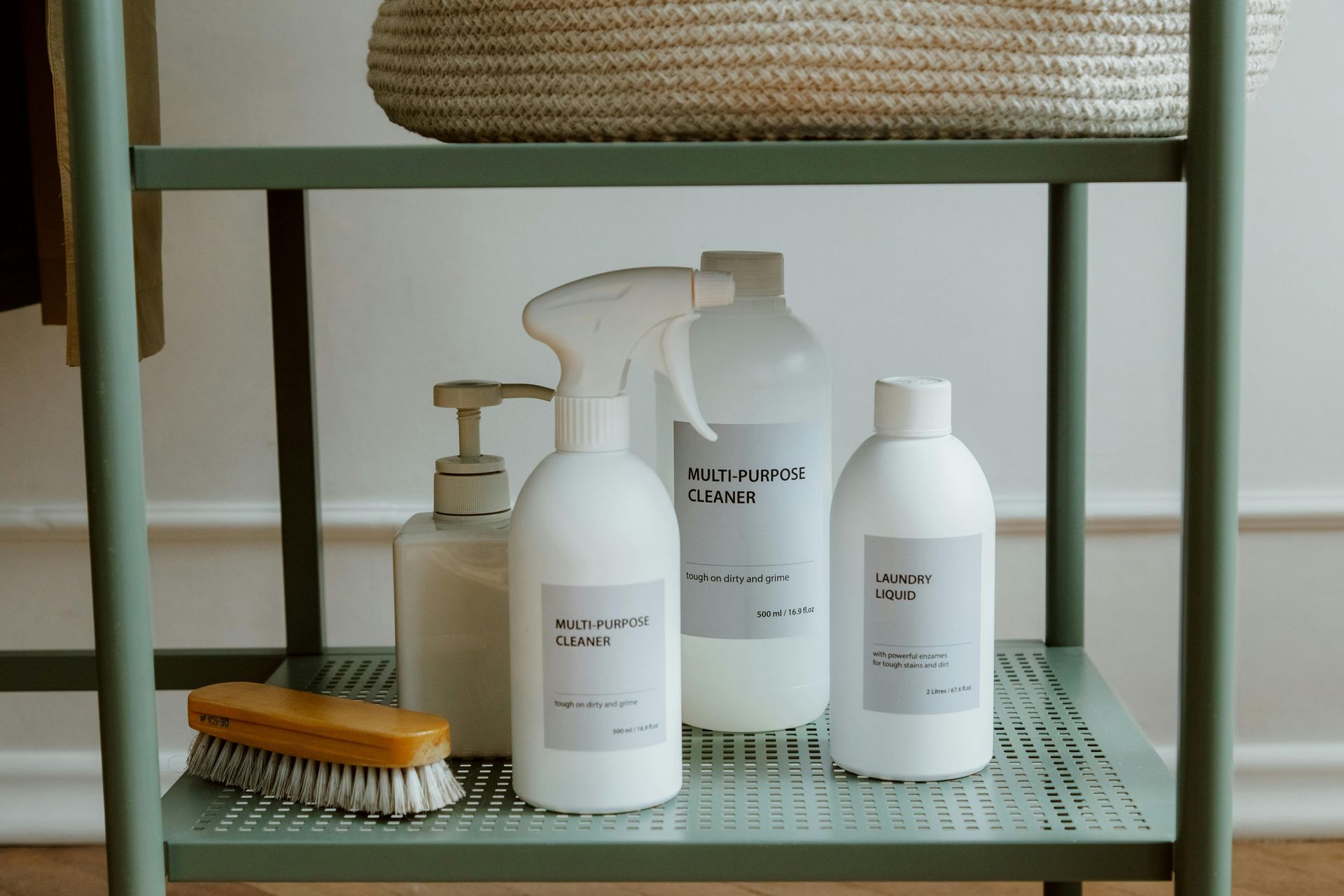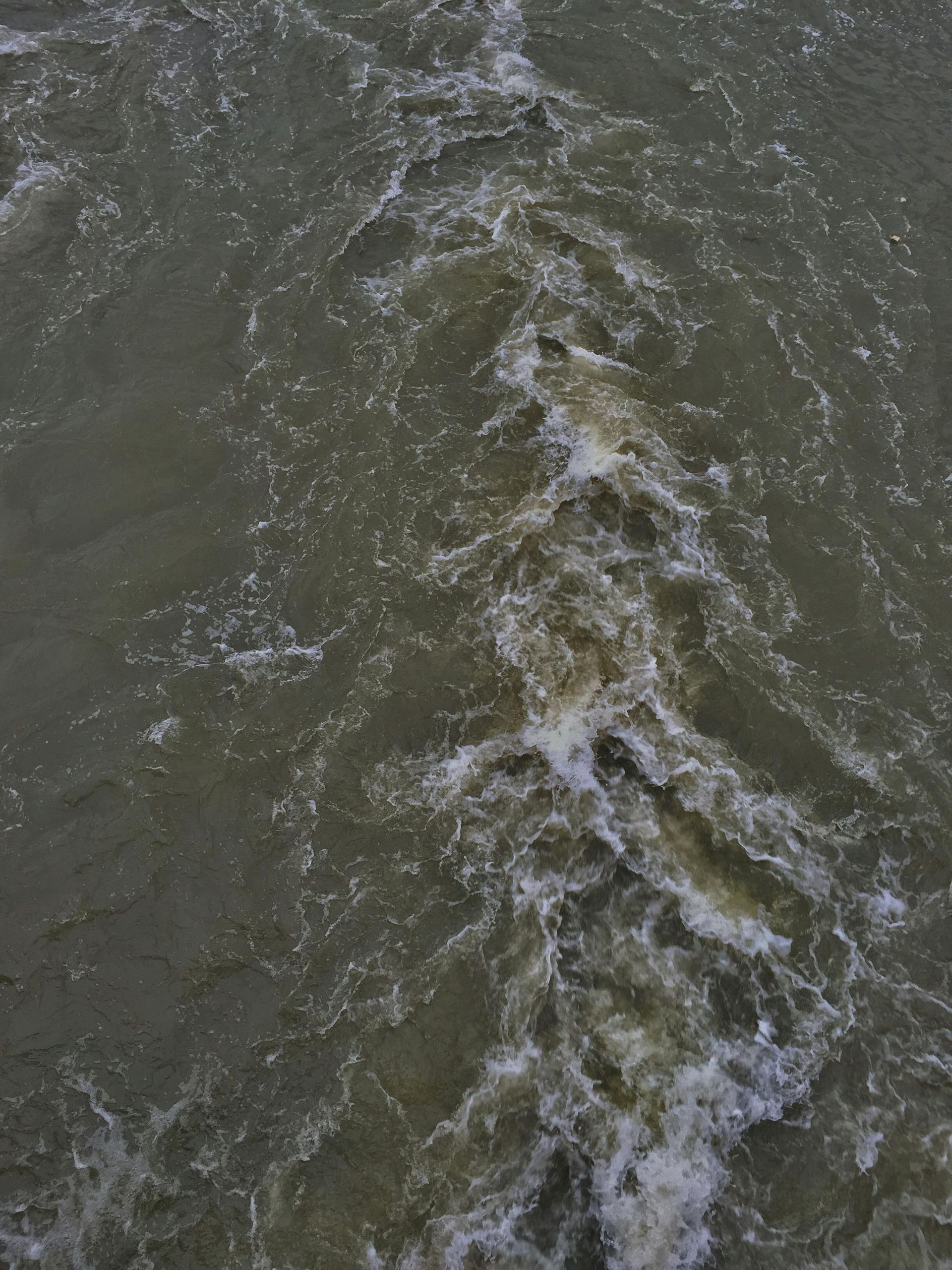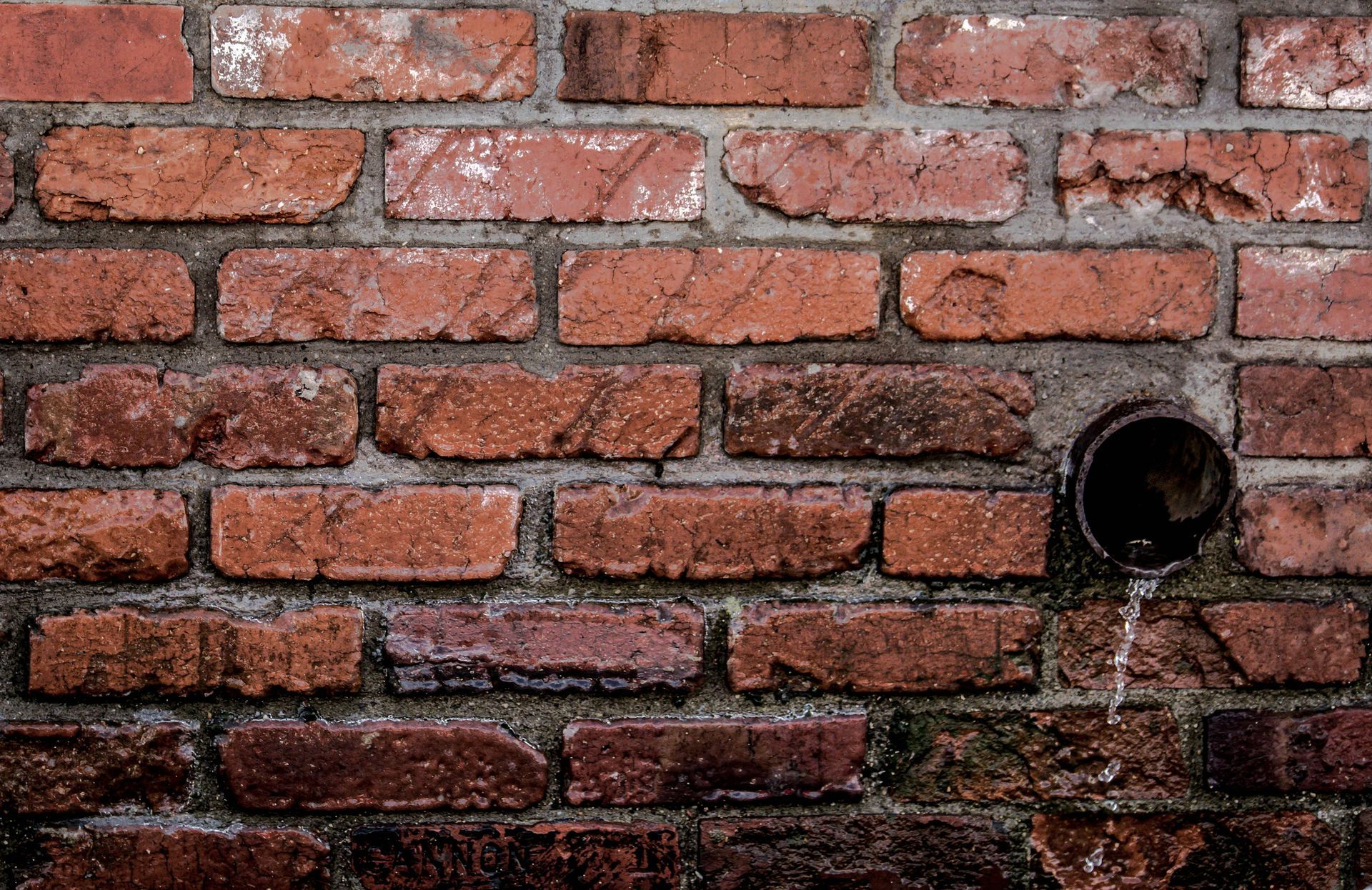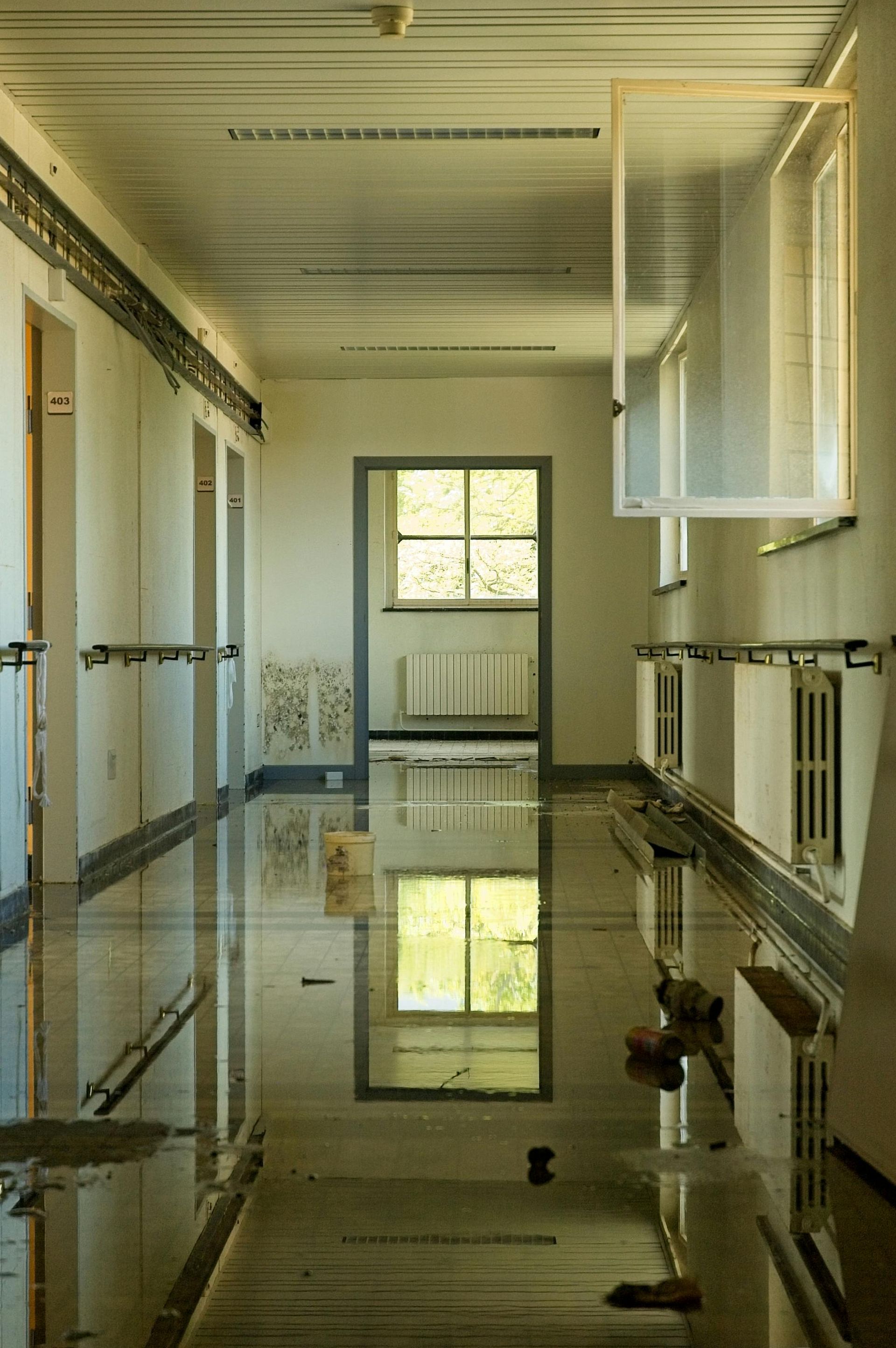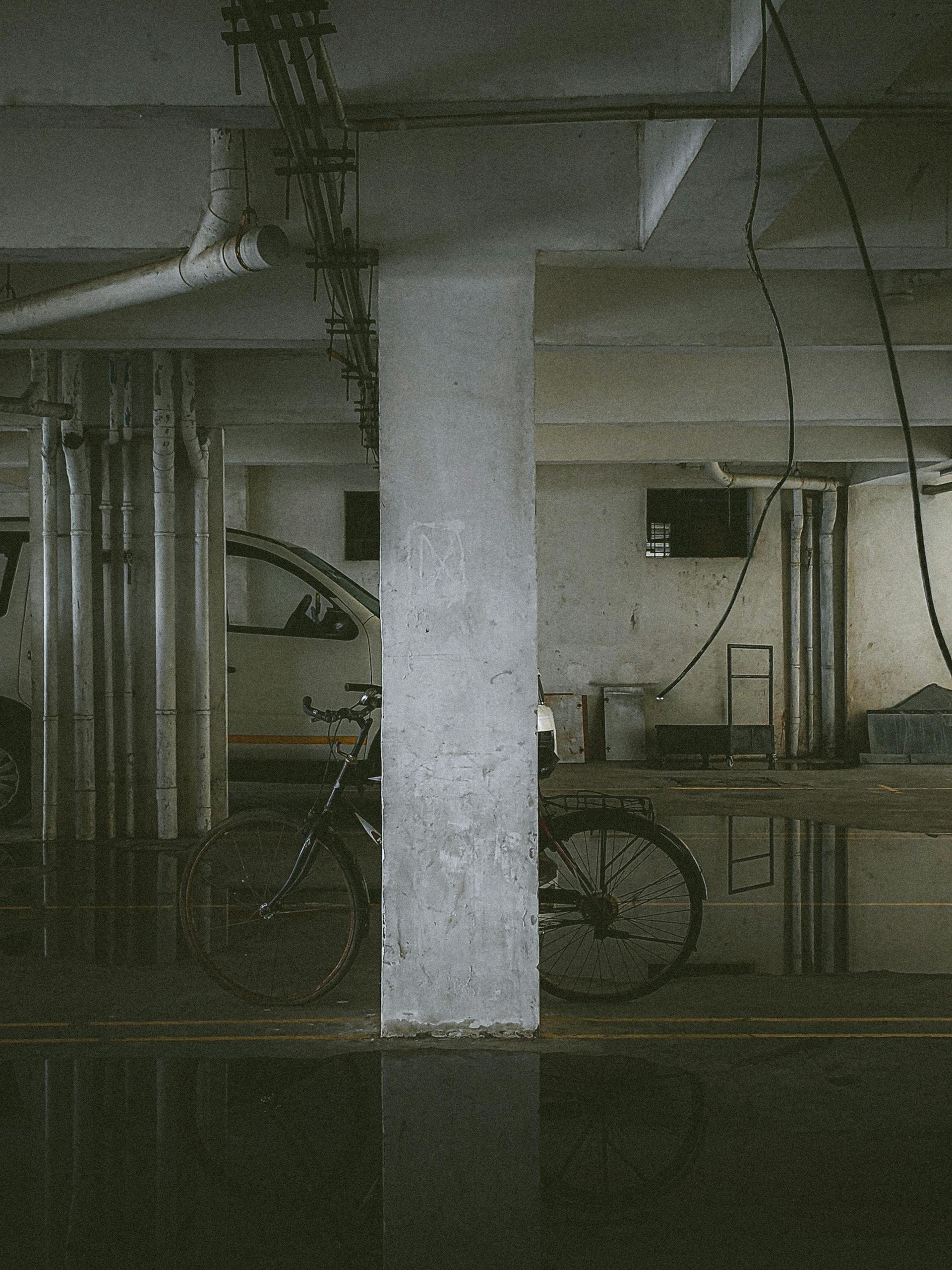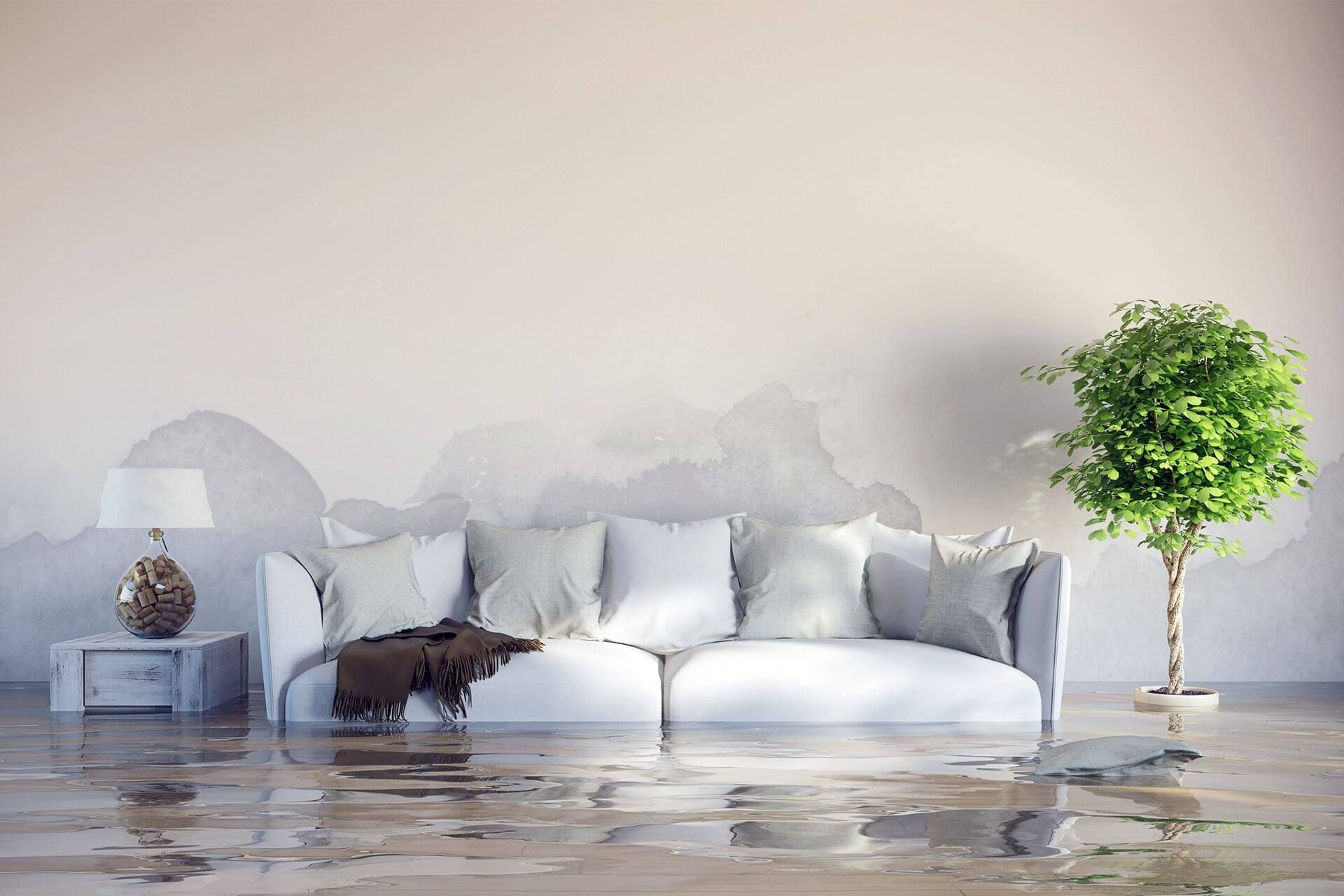How to Get Rid of Hard Water Buildup: Effective Methods for a Clean Home
Hard water buildup makes your home look dirty even when you clean often. It forms when water that contains high levels of minerals like calcium and magnesium dries on surfaces and leaves behind stubborn deposits. Over time, these chalky white stains do more than just look unpleasant. They can clog faucets, stain glass, and wear down your appliances, costing you both time and money.
The good news is you can remove hard water buildup with the right methods and prevent it from coming back. In this guide, we’ll explain what causes it, how to spot the signs, the best DIY remedies, and when it’s time to call in professionals.
Key Takeaways
- Hard water buildup is caused by minerals in water that leave white stains and deposits on surfaces, which can damage your home over time if not cleaned.
- You can spot hard water by looking for chalky deposits on faucets, spots on shower doors, crusty areas around sinks, and scaling inside appliances.
- Simple remedies like vinegar, baking soda, and toothpaste work well for regular cleaning and keeping buildup under control in most areas.
- Different surfaces need different cleaning methods to avoid damage, so use gentle tools and tailored approaches for glass, fixtures, toilets, sinks, and appliances.
- When buildup is severe or inside pipes and appliances, calling a professional is the safest way to fully remove it and prevent costly damage.
What Is Hard Water Buildup and Why Does It Form?
Hard water buildup happens because the water in your home contains high levels of minerals like calcium and magnesium. When hard water evaporates, it leaves these minerals behind as stubborn deposits known as limescale.
You usually find this buildup on faucets, shower doors, toilets, sinks, and appliances like kettles and washing machines. Over time, the buildup can cause stains, clog pipes and fixtures, and reduce how well your appliances work, leading to higher energy use and potential damage if left untreated.
Understanding why hard water buildup forms helps you take the right steps to keep your home clean and your fixtures working smoothly.
Common Signs of Hard Water Buildup
Recognizing hard water buildup early can save damage and costly repairs. Here are some signs to look for and what they mean:
- White chalky deposits on faucets and showerheads. These deposits form when minerals from evaporated water accumulate and harden on metal surfaces, affecting appearance and function.
- Stains or spots on glass shower doors and windows. Mineral deposits leave cloudy or spotted marks that are hard to remove with regular cleaning, making glass look dirty or dull.
- Crusty buildup around sink drains and faucets. Over time, minerals create tough, crusty layers that can clog drains and reduce water flow.
- Spots or film on dishes and glassware after washing. Hard water leaves visible spots or a cloudy film because minerals don’t rinse off easily.
- Scaling inside appliances like kettles, coffee makers, and water heaters. Mineral buildup inside appliances reduces heating efficiency and may cause malfunction or damage.
Knowing these signs helps you act quickly to protect your home and fixtures from further hard water damage.
DIY Methods to Remove Hard Water Buildup
Simple home remedies can effectively remove hard water buildup using common household items. Here are some practical methods to try:
- Vinegar soak or spray. White vinegar is acidic and helps dissolve mineral deposits. Soak cloths or paper towels in vinegar and wrap them around faucets or shower doors, or spray vinegar on affected areas and scrub gently to break down buildup.
- Baking soda paste. Baking soda is mildly abrasive and safe for most surfaces. Mix it with water to create a paste, then apply and scrub stubborn deposits without scratching.
- Combination of baking soda and vinegar. This mix causes a fizzy reaction that helps lift and break down tough mineral buildup. Apply baking soda first, then spray vinegar to get deeper cleaning power.
- Toothpaste for spot cleaning. Fluoride toothpaste can remove small-scale buildup on faucets and fixtures. Apply a small amount and scrub gently with a soft cloth or toothbrush.
- Commercial cleaners like CLR. For heavy buildup, commercial cleaners are stronger and can dissolve thick scale inside appliances or pipes. Use with caution, following product directions and wearing protective gloves.
These methods are effective for different levels of buildup and help keep your home clean and free of mineral stains.
How to Remove Hard Water Buildup from Specific Surfaces
Different surfaces require special care to remove hard water buildup without causing damage. Here’s how to clean common areas in your home:
- Glass shower doors. Use a vinegar spray to break down mineral deposits and scrub gently with a soft cloth or sponge. Avoid harsh abrasives to prevent scratches and cloudiness on the glass.
- Faucets and fixtures. Soak cloths in vinegar and wrap them around faucets to loosen buildup. Use soft brushes for scrubbing and be cautious with specialty finishes to avoid damage.
- Toilets. Pour vinegar and baking soda into the bowl and let it soak to soften deposits. Scrub with a toilet brush, and for tough stains, carefully use a pumice stone to avoid scratching porcelain.
- Sinks and countertops. Apply vinegar-soaked towels to affected areas and follow with a baking soda scrub. Avoid abrasive tools that can scratch surfaces, especially on natural stone countertops.
- Appliances like kettles and boilers. Use vinegar or commercial descaling cleaners to remove scale from internal parts safely. Follow manufacturer instructions for best results and appliance care.
Cleaning specific surfaces this way ensures effective removal of buildup while preserving your home’s fixtures and appliances.
When to Call Professionals for Hard Water Buildup Removal
Sometimes hard water buildup goes beyond what home remedies can handle, and calling a professional water removal service is the best choice to protect your property. Here’s when expert help is necessary:
Severe buildup inside plumbing pipes
Mineral deposits can accumulate inside pipes, leading to slow drains, reduced water flow, or even blockages. This buildup restricts water movement and can cause costly plumbing issues if ignored. DIY methods often can’t reach deep inside pipes, but professionals have specialized tools like pipe cleaners and hydro-jetting equipment to clear buildup safely and thoroughly, preventing damage and restoring water pressure.
Heavy scale deposits inside appliances
Appliances such as water heaters, kettles, and boilers may develop thick scale deposits that reduce heating efficiency and shorten their lifespan. Regular DIY cleaning may not remove internal buildup effectively, risking appliance failure. Professional descaling services use industry-grade solutions and techniques to fully remove scale, improving appliance performance and saving you money on repairs or replacements.
Damage to fixtures and surfaces
Persistent hard water buildup can cause staining, corrosion, or surface damage to faucets, tiles, and countertops. When mineral deposits have hardened or etched into surfaces, household cleaners may not work and might even worsen damage. Professionals can assess the extent of harm and use specialized cleaning or repair methods to restore appearance and function without risking further damage.
Calling professionals ensures that tough buildup doesn’t cause ongoing damage to your home’s plumbing and fixtures. It also provides peace of mind that cleaning is done safely and effectively, unlike some DIY attempts that may be incomplete or harmful.
Preventing Hard Water Buildup
Stopping hard water buildup before it starts saves time and protects your home. Here are practical steps to reduce mineral deposits in your daily life:
- Regularly wipe down wet surfaces after use. Drying faucets, shower doors, and sinks soon after they get wet removes minerals before they have time to build up.
- Use water softeners or filters. These systems reduce the minerals in your water supply, cutting down on scale buildup and extending the life of appliances.
- Keep a routine cleaning schedule with mild cleaners. Frequent light cleaning prevents minerals from hardening and becoming difficult to remove.
- Install water treatment systems if hard water is a persistent problem. Professional systems can treat all the water entering your home, offering a long-term solution.
Following these tips helps you maintain a clean, scale-free home and avoids the frustration of tough mineral deposits.
Keep Your Home Sparkling and Free of Hard Water Buildup
Addressing hard water buildup quickly and regularly protects your home from stains, clogs, and costly damage. Using safe DIY methods like vinegar, baking soda, and gentle scrubbing can remove most mineral deposits before they become a problem. Regular cleaning and preventive steps like drying surfaces and installing water softeners help keep buildup from returning.
When buildup is severe or affects plumbing and appliances, professionals provide the deep cleaning and repairs needed to maintain your home’s function and value. Taking these steps ensures your fixtures stay bright, your appliances run efficiently, and your property lasts longer.
Ready to Say Goodbye to Hard Water Buildup?
Don’t let hard water damage your home or appliances any longer. Whether you need expert deep cleaning or want advice on prevention, Pursuit Restoration is here to help.
Schedule a service online or call us at
(208) 515-6503 to learn more about how we can protect your property and keep everything running smoothly.
